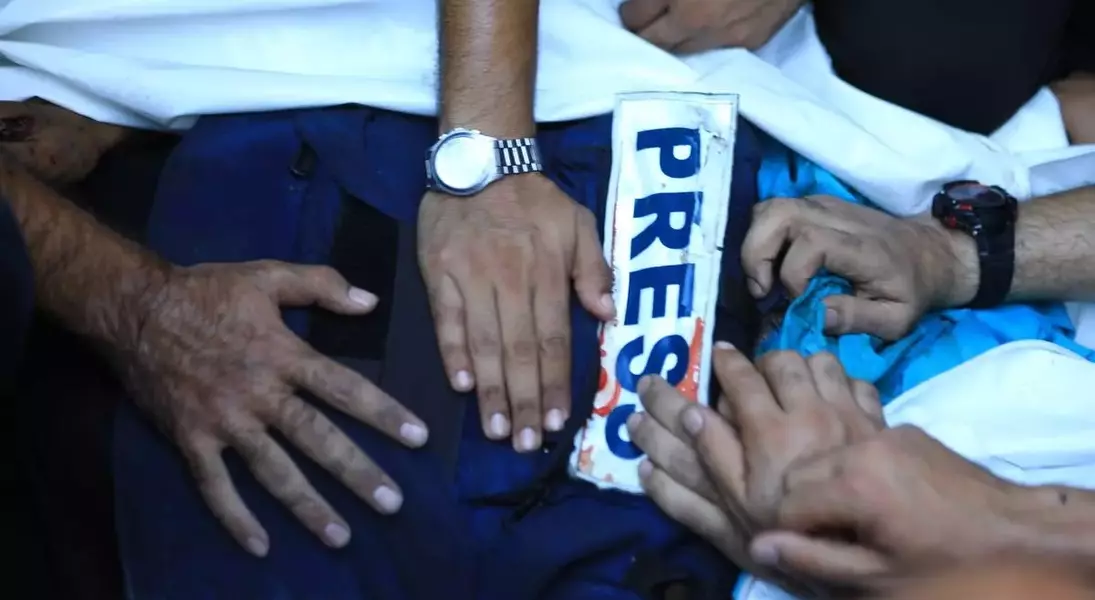
In a recent development that has sparked intense debate, the Royal Television Society (RTS) faced widespread criticism for abruptly cancelling a special recognition award intended for journalists working in Gaza. The decision was made amid controversy surrounding a BBC documentary on Gaza and ongoing investigations into news reports from the region. This move has been met with strong opposition, particularly from media professionals who argue that it undermines the bravery of journalists operating under extreme conditions.
Details of the Controversial Decision
In the heart of a tumultuous period for Middle Eastern journalism, the RTS Television Journalism Awards committee found itself at the center of a storm. Initially, the organization planned to honor Palestinian journalists for their courageous reporting amidst challenging circumstances. However, Adrian Wells, chair of the awards, announced that the accolade would not be presented due to concerns about escalating tensions. The society feared that proceeding with the award might exacerbate existing controversies, especially following the removal of a BBC documentary from its streaming platform under pressure from pro-Israel groups.
A spokesperson for the RTS clarified that recent investigations into several news reports from Gaza prompted the society to reconsider the timing of the award. The fear was that presenting the award could be seen as taking sides in a highly sensitive political environment. Despite these concerns, many in the media community have labeled the decision as "spineless," arguing that it unfairly penalizes journalists who have risked their lives to bring stories to light.
Ben de Pear, a former editor of Channel 4 News and founder of Basement Films, expressed his disappointment on social media. He highlighted the irony of an event dedicated to celebrating journalistic courage while simultaneously withdrawing recognition from those covering one of the world’s most dangerous conflicts. De Pear emphasized that the decision was driven by editorial controversies in the UK rather than any shortcomings by Gazan journalists themselves. He pointed out that the process lacked transparency and did not involve input from RTS members or juries.
The Broader Implications
From a journalist's perspective, this incident raises important questions about the role of media organizations in recognizing and supporting reporters working in conflict zones. While the RTS may have acted out of concern for broader geopolitical sensitivities, the cancellation of the award sends a troubling message. It suggests that even in forums dedicated to celebrating journalistic excellence, there can be hesitance to acknowledge the efforts of those reporting from the front lines of global crises. This decision serves as a reminder of the delicate balance between maintaining impartiality and standing up for the principles of free and fearless journalism.
